
The Glory and Korean Law (1) – Divorce by Agreement in Prison
March 14, 2023
Can unanswered calls constitute a stalking crime?
July 7, 2023The Right to Communicate and Access to Consular Officers of an Alien Arrested or Committed to Prison or to Custody Pending trial or Detained
If an alien is arrested or committed to prison or to custody pending trial or is detained in any other manner in the Republic of Korea, the police or the prosecutor shall inform the alien that he or she has the right to communicate and access to the consular officers of his or her state, based on Vienna Convention on Consular Relations as Article 6 of Constitution Of The Republic Of Korea states that treaties duly concluded and promulgated under the Constitution and the generally recognized rules of international law shall have the same effect as the domestic laws of the Republic of Korea. This basic principle is specified in the rule of crime investigation and the investigation rule for human rights protection as well. Also, if the alien arrested, in prison, custody or detention requests, the police of the prosecutor, shall, without delay, inform the consular post of the his or her state of his or her current situation.
If the police or the prosecutor does not inform the alien arrested, in prison, custody or detention of the right to communicate and access to consular officers of his or her state, this will constitute a tort and make the state liable for all losses and the mental distress from it.
There is a relevant court case where a prosecutor failed to inform a Nigerian who was detained of the right in 2014, and the Nigerian file a civil suit against the state of the Republic of Korea claiming that the state should compensate for his mental distress because of the prosecutor’s not informing the right. The court ruled in favor of him and partially granted the claimed amount.
The relevant articles of Constitution Of The Republic Of Korea and Vienna Convention on Consular Relations are as follows;
Constitution Of The Republic Of Korea
Article 6
(1) Treaties duly concluded and promulgated under the Constitution and the generally recognized rules of international law shall have the same effect as the domestic laws of the Republic of Korea.
Vienna Convention on Consular Relations
Article 36 Communication and contact with nationals of the sending State
1.With a view to facilitating the exercise of consular functions relating to nationals of the sending State:
(a) consular officers shall be free to communicate with nationals of the sending State and to have access to them. Nationals of the sending State shall have the same freedom with respect to communication with and access to consular officers of the sending State;
(b) if he so requests, the competent authorities of the receiving State shall, without delay, inform the consular post of the sending State if, within its consular district, a national of that State is arrested or committed to prison or to custody pending trial or is detained in any other manner. Any communication addressed to the consular post by the person arrested, in prison, custody or detention shall be forwarded by the said authorities without delay. The said authorities shall inform the person concerned without delay of his rights under this subparagraph;
(c) consular officers shall have the right to visit a national of the sending State who is in prison, custody or detention, to converse and correspond with him and to arrange for his legal representation. They shall also have the right to visit any national of the sending State who is in prison, custody or detention in their district in pursuance of a judgement. Nevertheless, consular officers shall refrain from taking action on behalf of a national who is in prison, custody or detention if he expressly opposes such action
Related posts
Blog Articles
Contact Information
201, 160, Seochojungang-ro, Seocho-gu, Seoul, Republic of korea.
Phone: +82-2-535-1235
Mobile: 010 5349 1235
Fax: +82-2-536-1236
Email: [email protected]



























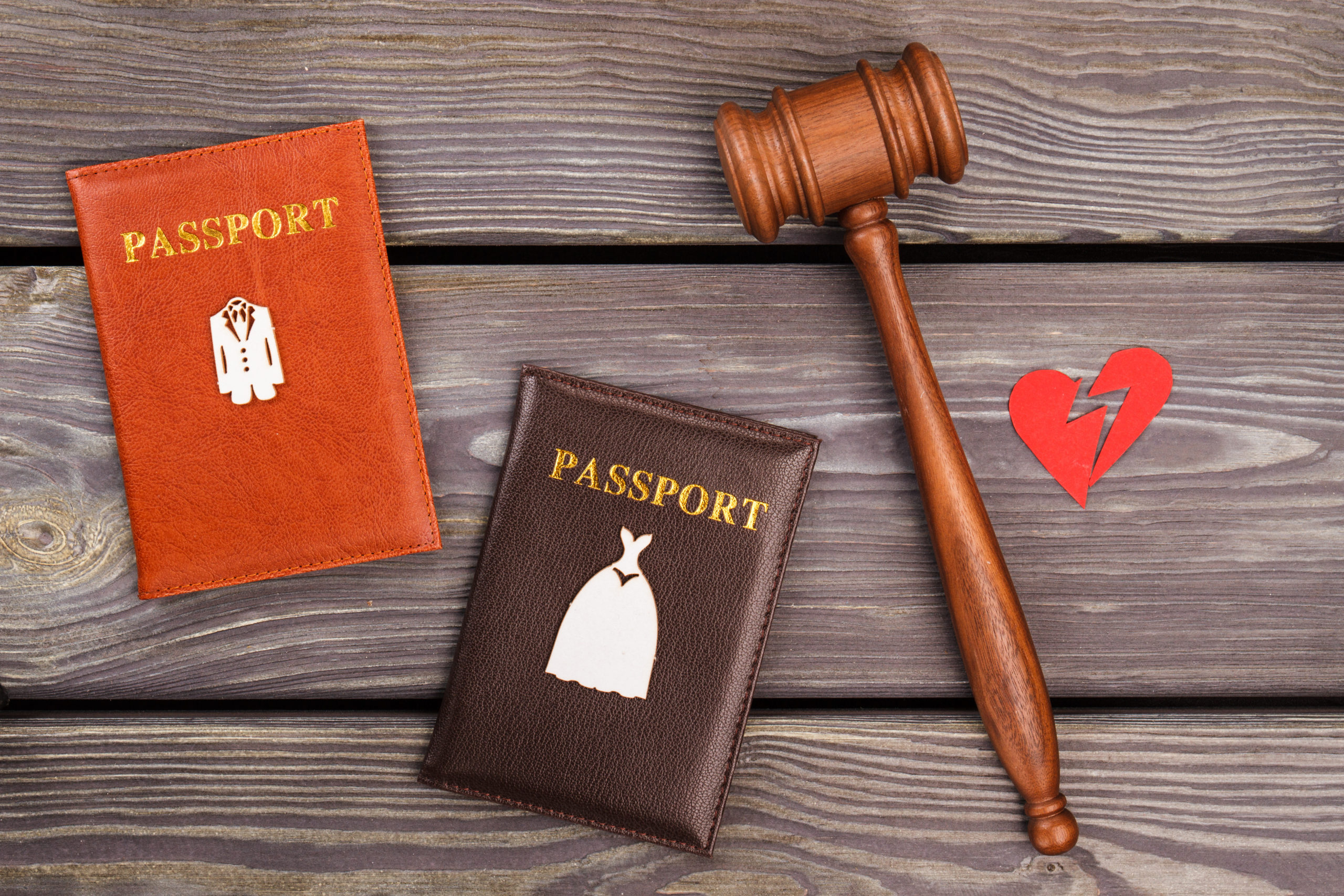



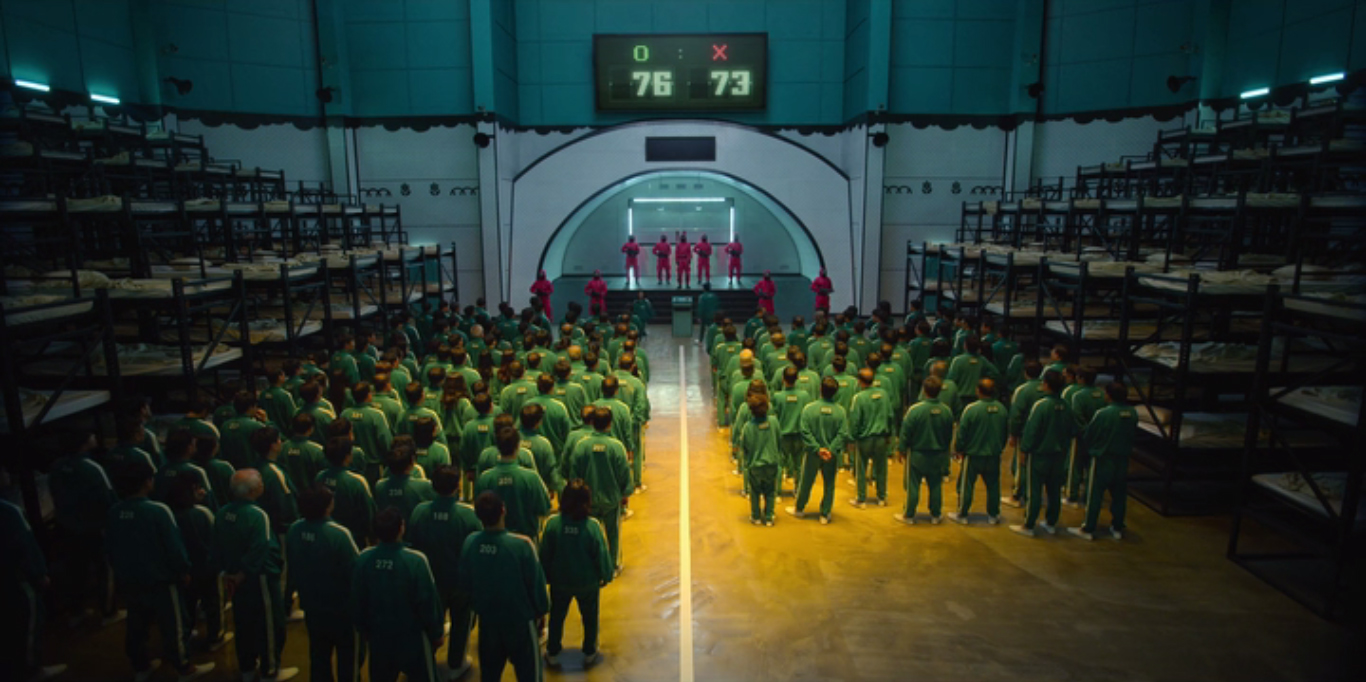

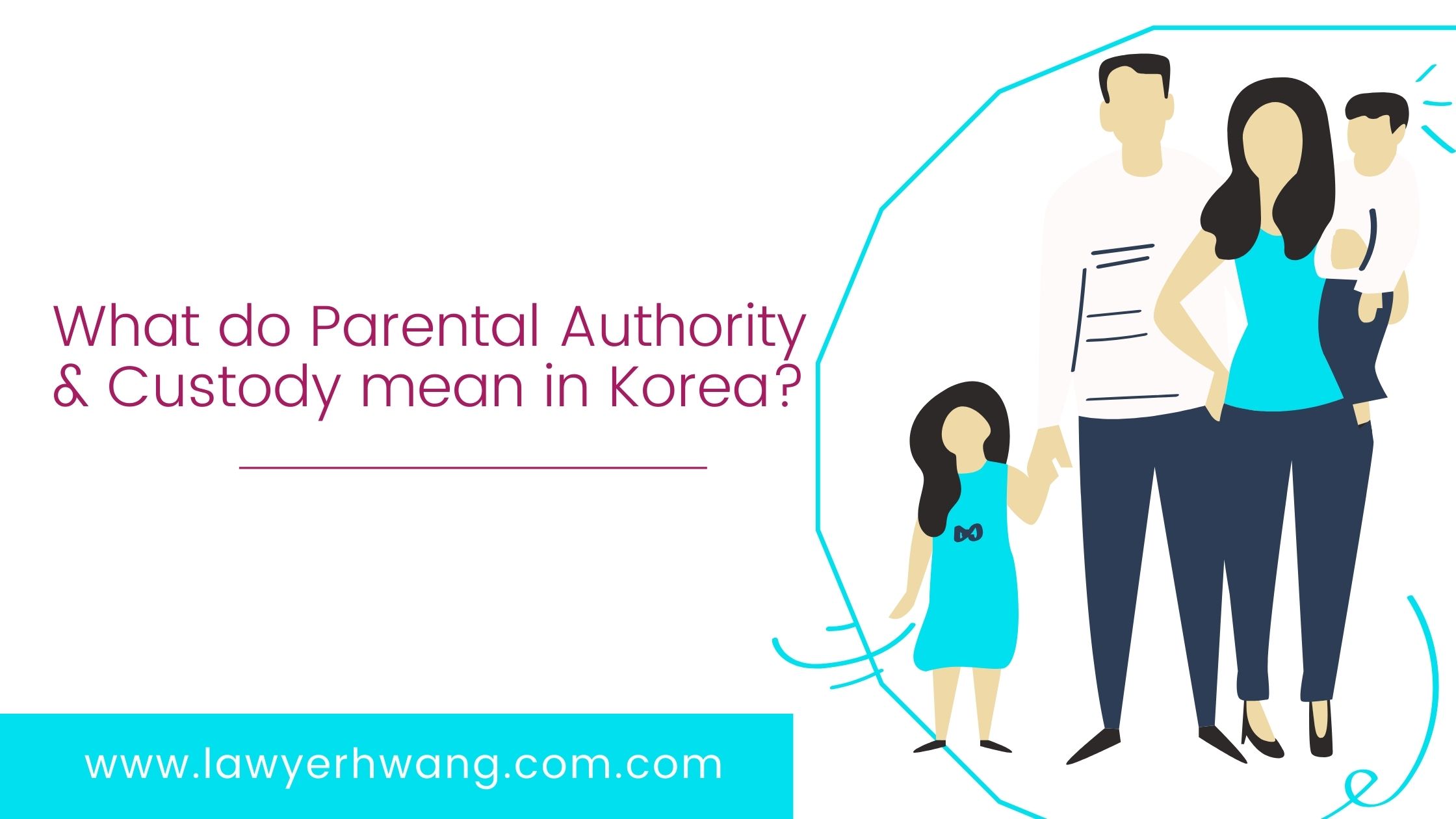



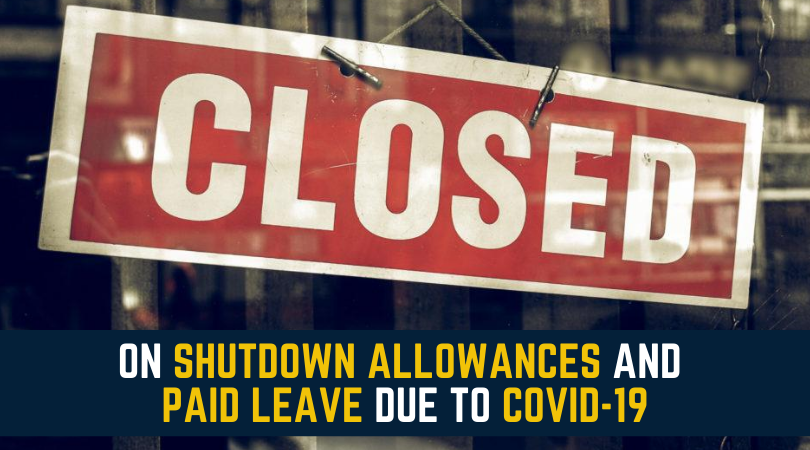
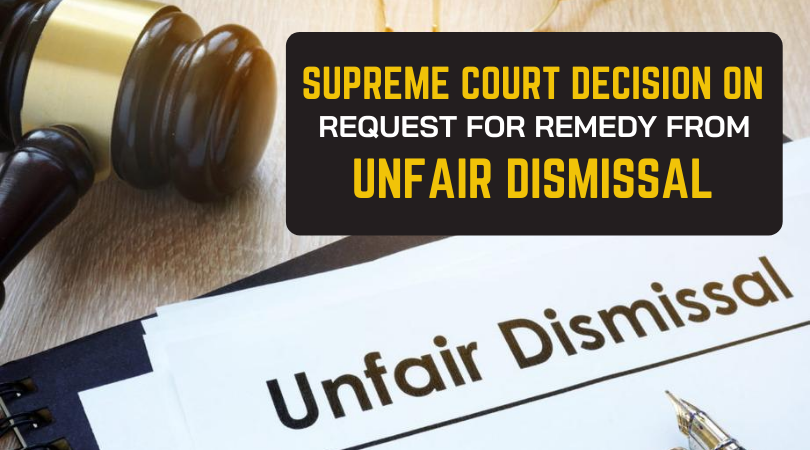
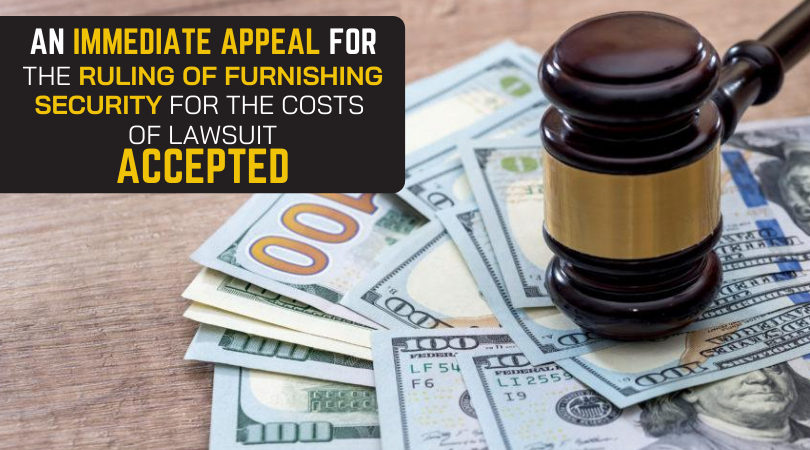
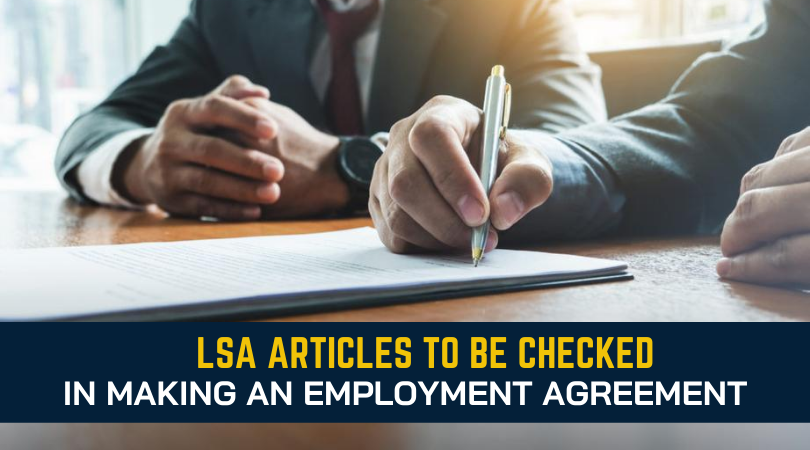
![[Supreme Court Decision – Criminal Law] – On Intent of Defamation](https://lawyerhwang.com/wp-content/uploads/2020/03/Supreme-Court-Decision-–-Criminal-Law-–-On-Intent-of-Defamation.png)
![[Supreme Court Decision – Criminal Law] – On Uploading a “Torrent File” of Obscene Videos](https://lawyerhwang.com/wp-content/uploads/2020/03/Supreme-Court-Decision-–-Criminal-Law-On-Uploading-a-“Torrent-File”-of-Obscene-Videos.png)






























